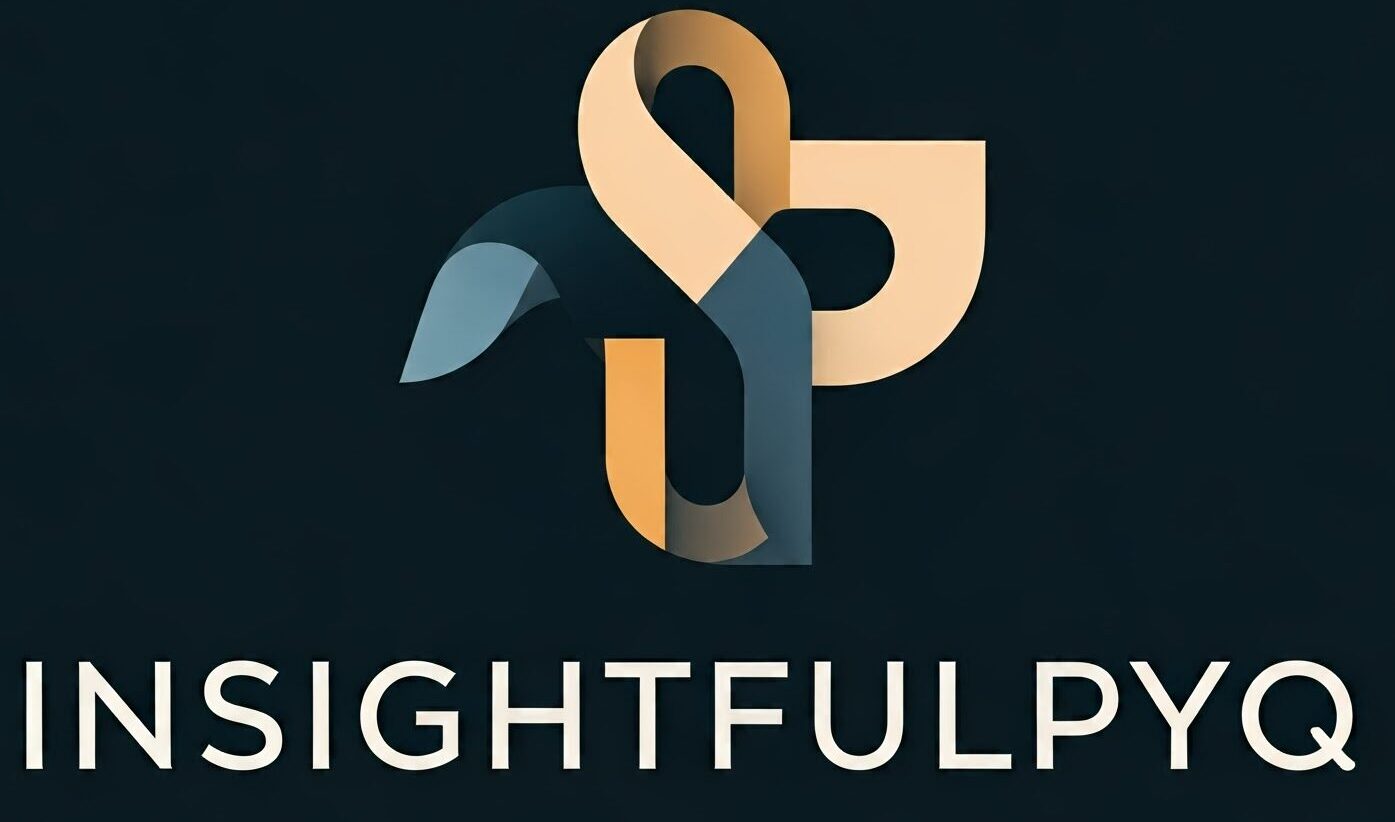The global demand for minerals is increasing rapidly as industries expand and technology advances. Among these essential resources, 3TG minerals—Tin, Tantalum, Tungsten, and Gold—play a crucial role in manufacturing, especially in the electronics, aerospace, and automotive industries. However, these minerals are also at the center of ethical concerns related to supply chains, conflict mining, and environmental sustainability.
In this blog, we will explore the significance of 3TG minerals, their applications, ethical issues, and what businesses and consumers can do to support responsible sourcing.
What Are 3TG Minerals?
The term 3TG stands for Tin (Sn), Tantalum (Ta), Tungsten (W), and Gold (Au)—four minerals essential to modern industries. These minerals are frequently used in electronics, medical devices, aerospace components, and jewelry. However, they are also classified as conflict minerals due to their association with funding armed conflicts in certain regions, particularly in the Democratic Republic of the Congo (DRC) and Central Africa.
Let’s take a closer look at each mineral:
1. Tin (Sn)
✅ Uses: Soldering in electronic circuits, coatings to prevent corrosion, glass production.
✅ Top Producing Countries: China, Indonesia, Myanmar, Peru.
✅ Ethical Concerns: Illegal mining and environmental damage, particularly in Southeast Asia.
2. Tantalum (Ta)
✅ Uses: Capacitors in smartphones, laptops, and other electronic devices; aerospace alloys; medical implants.
✅ Top Producing Countries: Rwanda, DRC, Brazil, Australia.
✅ Ethical Concerns: Often mined in conflict zones, with links to child labor and human rights violations.
3. Tungsten (W)
✅ Uses: Cutting tools, military applications, aerospace components, light bulb filaments.
✅ Top Producing Countries: China, Russia, Vietnam, Bolivia.
✅ Ethical Concerns: Heavy environmental impact from mining; concerns over Chinese market dominance.
4. Gold (Au)
✅ Uses: Jewelry, electronics, dentistry, financial reserves.
✅ Top Producing Countries: China, Australia, Russia, USA.
✅ Ethical Concerns: Gold mining contributes to deforestation, mercury pollution, and unethical labor practices.
The Ethical Dilemma: Conflict Minerals & Human Rights Issues
Many 3TG minerals originate from conflict regions where armed groups control mining operations to fund violence. The Democratic Republic of the Congo (DRC) and surrounding areas are the most affected, with mining revenues fueling rebel groups involved in serious human rights violations, including forced labor and child exploitation.
The Dodd-Frank Act (Section 1502) in the United States requires companies to disclose whether they source minerals from conflict regions. Similarly, the EU Conflict Minerals Regulation (2021) aims to prevent minerals from funding conflicts and human rights abuses. However, enforcement remains challenging, and illicit trade continues.
The Role of Responsible Sourcing
Governments, businesses, and consumers all play a role in promoting ethical sourcing of 3TG minerals. Some key initiatives include:
🔹 OECD Due Diligence Guidance – A framework to ensure responsible mineral supply chains.
🔹 Responsible Minerals Initiative (RMI) – Helps companies conduct audits and certify conflict-free minerals.
🔹 Fairmined & Fairtrade Gold Certification – Guarantees ethical gold mining practices.
🔹 Blockchain Technology – Used to track mineral origins and prevent fraudulent supply chains.
What Can Businesses Do?
✔️ Conduct supply chain audits to trace the origins of minerals.
✔️ Partner with certified suppliers who follow ethical mining practices.
✔️ Support alternative sourcing from regions with responsible mining operations.
What Can Consumers Do?
✔️ Choose brands that prioritize ethical sourcing and transparency.
✔️ Ask companies about their mineral sourcing policies.
✔️ Support recycling programs to reduce demand for newly mined 3TG minerals.
The Future of 3TG Minerals: Innovation & Sustainability
The future of 3TG minerals depends on innovation and sustainable solutions, including:
🔸 Urban Mining – Extracting minerals from e-waste instead of mining new sources.
🔸 Lab-Grown Gold – Scientists are developing gold without traditional mining.
🔸 Alternative Materials – Researchers are exploring substitutes for 3TG minerals to reduce dependency on conflict regions.
As industries and governments push for stricter regulations and transparency, we may see a shift toward more ethical sourcing of these vital minerals.
3TG minerals are the backbone of modern technology and industry, but their extraction is often linked to conflict financing, human rights abuses, and environmental damage. Responsible sourcing is crucial to ensuring that these minerals contribute to economic development rather than exploitation.
Consumers, businesses, and policymakers must work together to demand greater transparency, ethical mining practices, and sustainable alternatives. By doing so, we can help build a more responsible global supply chain for these essential resources.

